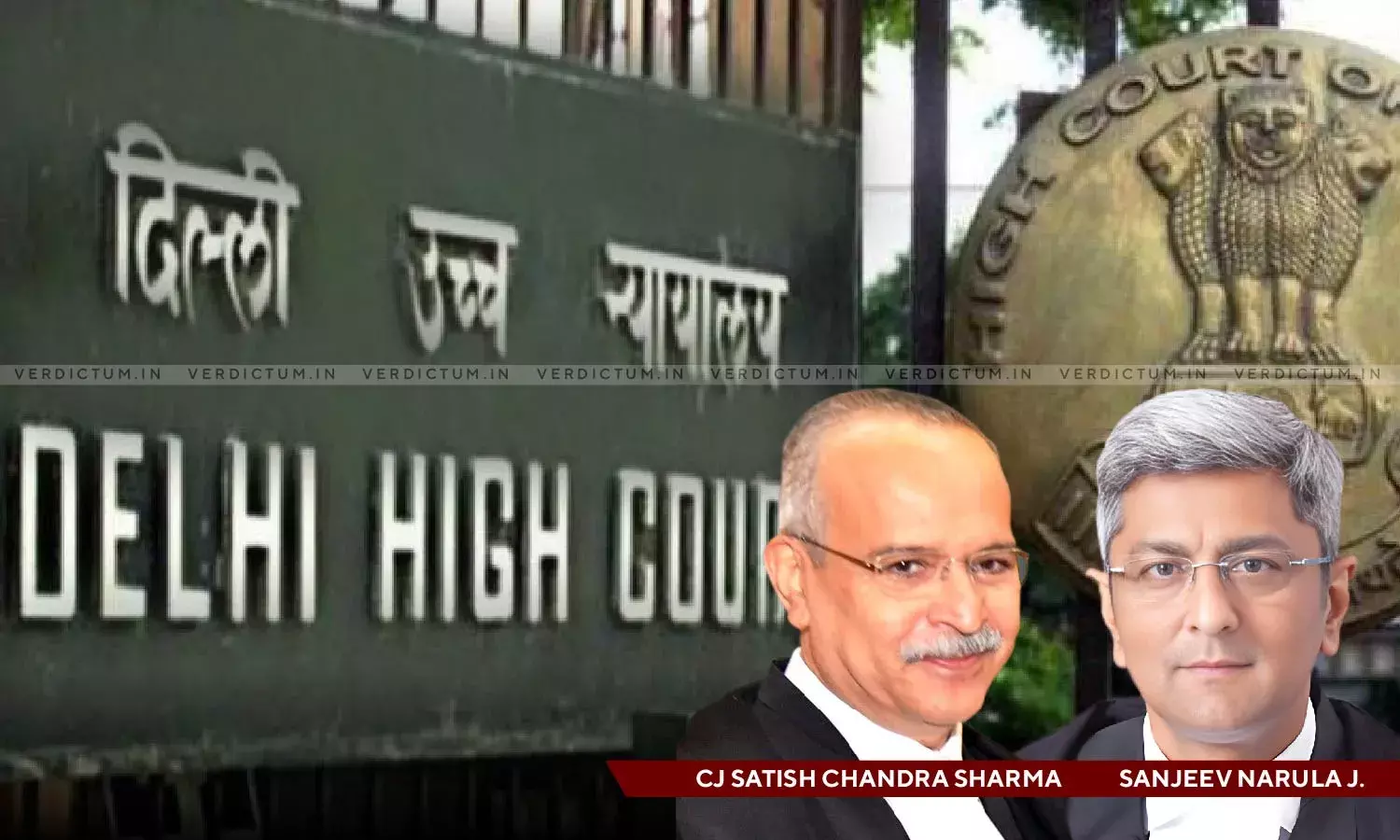Move Is In National Interest: Delhi HC Dismisses PIL Challenging Ordnance Factory Board's Conversion Into Corporations

The Delhi High Court while dismissing a PIL which was filed challenging the Centre's decision to convert the Ordnance Factory Board (OFB) into seven corporations remarked that the move to convert OFB's into corporation is in national interest.
The Division Bench of Chief Justice Satish Chandra Sharma and Justice Sanjeev Narula held that “corporatization of the OFB, in no way, is violating or infringing the constitutional rights guaranteed to the citizens and the policy decision has been taken in larger public interest and in the interest of the nation to strengthen the defence production in the country ensuring quality products and a regular supply of arms & ammunitions to the Armed Forces.”
The Bharatiya Pratiraksha Mazdoor Sangh (BPMS) had filed a Public Interest Litigation (PIL) as the petitioner federation. The PIL was against a Gazette notification dated October 01, 2021 issued by the Government of India, which decides to convert the Ordnance Factory Board (OFB) into seven Major Corporations. The BPMS, being a federation of trade unions representing workers in defense installations, including the Ordnance Factory Board, raised several grievances in the writ petition that the workers' views were ignored, there ought to be abuse of power by the government, arbitrariness, violation of Article 14, it ignored previous committee recommendations and workmen's voices were suppressed.
Advocates Adarsh Kumar Tiwari and Vinit Pathak appeared for the Petitioners and Advocate Ajay Digpaul, (CGSC) appeared for the Respondents.
The petitioner's counsel strongly argued that the Government of India's action was in violation of Article 14 of the Constitution, as it is suppressing the constitutional rights of government servants and silencing their voices. The petitioner sought the following reliefs:
a) Quash impugned Gazette notification as manifestly arbitrary.
b) Restrain respondents from further implementing the notification, violating workers' rights.
c) Seek any appropriate order in the interest of justice.
The contention of the respondents was that the policy decision of the Government of India had been arrived at in order to enhance functional autonomy, efficiency and to increase production in the interest of the nation and the interest of the employees has been safeguarded by protecting their wages and retiral benefits. The respondents further stated that in respect of a policy decision which is in national interest, the question of interference by this Court in exercise of its writ jurisdiction under Article 226 of the Constitution of India does not arise.
The Court observed that Government of India's decision to convert OFB into seven corporate entities aims to enhance functional autonomy, efficiency, and innovation in Ordnance Factories. The government assured that the service conditions of existing OFB employees will be protected as Central Government employees, and their pension liabilities will continue to be borne by the government. It was noted by the Court that despite the government's efforts to explain the benefits and safeguard the employees' interests, the recognized federation has expressed its intention to go on an indefinite strike. In response, the government enacted the Essential Defence Services Act to ensure uninterrupted supply of ordnance items to the armed forces and maintain essential defence services.
“It is well-settled proposition of law that the Courts cannot bind the Government to its policy decisions taken in public interest and in national interest.”
The Court's considered opinion was that policy-making power lies solely with the executive, and the Government of India's policy decision to corporatize OFB was in the national interest, considering the defense requirements. The policy decision does not violate any constitutional rights guaranteed to citizens. The decision aims to strengthen defense production, ensure quality products, and provide a regular supply of arms and ammunition to the Armed Forces.
The Court found no reason to interfere with the policy decision, as the interests of the employees had been protected. Therefore, the petition was dismissed.
Cause Title: Bharatiya Pratiraksha Mazdoor Sangh v. Union of India & Anr.
Click here to read/download Judgment


